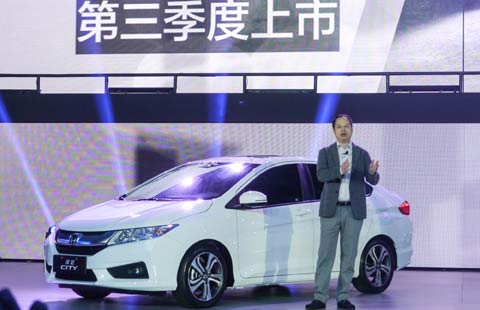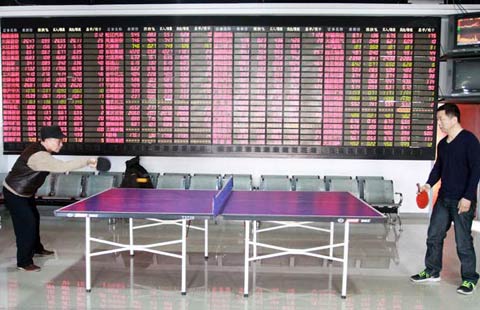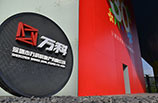Slower, but still top gear
By GONG ZHENGZHENG (China Daily) Updated: 2015-04-20 13:44Overcapacity concerns
There is evidence of growing overcapacity in China's auto industry with the expansion plans of foreign and domestic producers, as well as the market slowdown.
According to the auto association, automakers will have a total capacity to make around 400 million vehicles in China this year which means more than one-third of vehicle assembly lines will remain idle.
Consulting firm IHS Automotive said that things would not turn better in the years to come. It predicted around 67 percent of vehicle production capacity in China could be utilized through 2020.
Things are worse for domestic brands. James Chao from IHS Automotive said the average capacity utilization of domestic brands only reaches 65 percent, compared with 85 percent at Sino-foreign joint ventures.
According to a survey by the China Galaxy Securities, 15 out of Chinese auto brands have an average capacity utilization of 50 percent. The figure was even as low as 10 percent for some of them.
Analysts said the conditions will further widen the disparity between the strong and weak players in the industry, and therefore lead to mergers and acquisitions.
Last month, Ford Motor's joint venture with Chinese auto group Changan Motor finalized its deal worth 6.6 billion yuan ($1.06 billion) to buy a passenger car plant from smaller domestic player Hafei Motor which has been plagued by lackluster sales for several years.
The plant in northeastern city of Harbin has an annual production capacity of 200,000 cars.
- Slower, but still top gear
- Automotive industry's profits take a tumble
- Detailed plans for four PFTZs announced
- Yidao set to promote green travelling with Prius
- Foreign automakers double down on China bets despite slowing growth
- Guangqi Honda releases new cars and to localize Acura
- Tianjin's foreign investment hits $6.3b in 2014
- Global media's take on reserve ratio cut

















